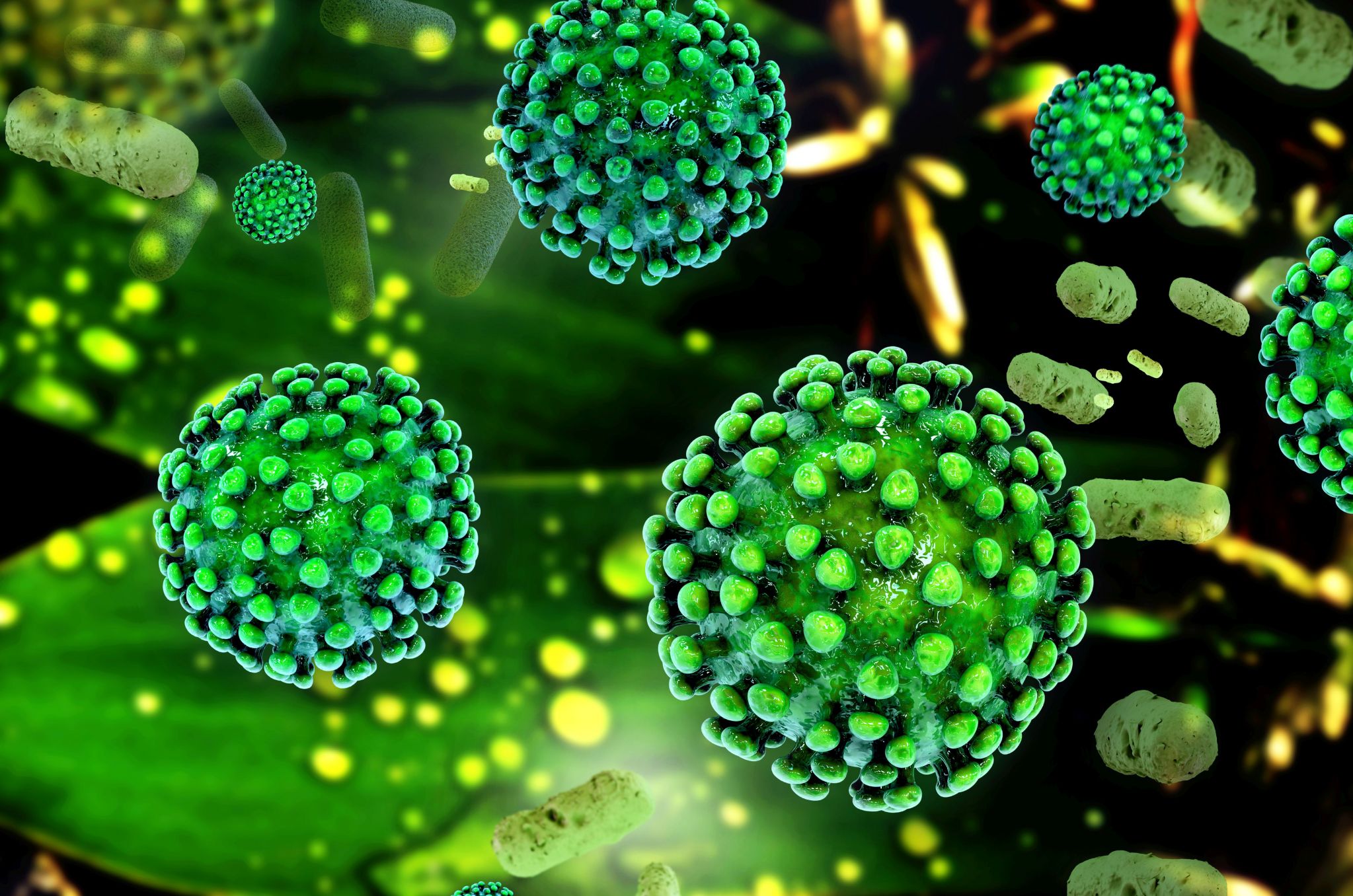24/03/2020
Print PageDKFZ researchers in the fight against the COVID-19 pandemic

A large number of internationally acclaimed virologists, immunologists, and genome researchers work at the German Cancer Research Center (DKFZ) and they now want to use their expertise to help overcome the COVID-19 pandemic more effectively and faster. "We set up the fightCOVID@DKFZ task force two weeks ago to pool these scientific activities. Although work in the DKFZ laboratories has been reduced to a minimum, the 15 divisions currently conducting research on COVID-19 projects in the task force will continue to combine their efforts and collaborate with colleagues from the medical faculties and university hospitals in Heidelberg and Mannheim," announced Michael Baumann, Chairman and Scientific Director of DKFZ.
Simple, rapid, and cost-effective virus tests are key to gaining a more precise overview of the extent of infection in particular countries or regions. The SARS-CoV-2 test currently being used detects the presence of viral DNA that has been amplified using the polymerase chain reaction. DKFZ researchers are working flat out to develop new serological tests for SARS-CoV-2 that detect virus-specific antibodies in patients' blood. Serological tests are used in a standardized fashion on a broad scale for many other infectious diseases; they are quick and easy to use. Moreover, they would also enable people to be identified who have had a for SARS-CoV-2 infection some time ago. This will give epidemiologists a much more accurate picture of the spread of infection in the population than they have at present. DKFZ divisions are also working on high-throughput tests to detect SARS-CoV-2, which will allow a very large number of patient samples to be tested faster.
At present, there are no effective approved drugs or a vaccine against COVID-19. Research to develop vaccines has long been part of DKFZ's expertise. The procedures are currently being adapted to the new virus. Thus immunologists at DKFZ are currently working on developing vaccine particles that are covered with small portions of SARS-CoV-2 proteins on the outside. These particles are to be tested on mice to assess the quality of the immune response in the animals before starting clinical trials.
In collaboration with university-based medicine in Heidelberg and Mannheim, virologists and immunologists are also investigating the immune responses of COVID-19 patients. By doing so, they hope to find out whether people develop protective immunity following an infection with the virus and how long this protection lasts.
What causes the serious symptoms that are observed in some patients during infection with SARS-CoV-2? Scientists throughout the world suspect that particular immune transmitters called cytokines are responsible. These messenger substances are actually part of the normal immune response. However, certain infections, presumably including SARS-CoV-2, lead to an excessive immune response and hence contribute to patients developing serious symptoms. If researchers were able to identify the exact harmful cytokine profiles and their influence on how seriously ill a patient becomes, antibodies or other drugs might be able to be used to target the relevant cytokines and hence alleviate the most severe symptoms.
"Our outstanding and committed staff hope to help overcome the pandemic as soon as possible. And they want to help protect people against the dangerous infection and provide patients with better treatment. That is what they are working to achieve – despite the difficulty of working under the safety measures of social distancing currently required," Baumann explained.